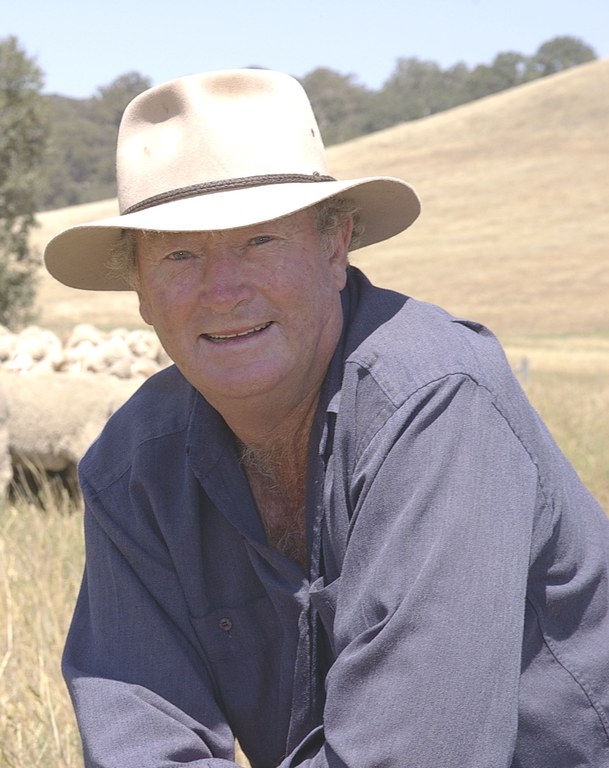
Don't put your land out to pasture
Published 28 October 2016. As the old adage goes, there's more than one way to skin a cat and, likewise, there's more than one way to improve and maintain the condition and productivity of pastures...
As the old adage goes, there's more than one way to skin a cat and, likewise, there's more than one way to improve and maintain the condition and productivity of pastures.
Watershed Landcare have a couple of events coming up that will address various aspects of pasture management.
The first of these will focus on pasture establishment and management and will feature Agricultural Consultant and Journalist, Robert Freebairn.
The field day will be held on Thursday 3 November at 'Maidavale', 978 Castlereagh Highway, 10 km north of Gulgong.
The field day is being held as part of the Digging Deeper into Watershed Soils project and discussion topics will include ground cover, various pasture types, the logic for each, establishment, management, soil quality and other relevant aspects.
Native pastures will be included as well as the role of tropical, annual legumes, Lucerne and winter forage crops. The hosts have also asked Mr. Freebairn to address how to best manage competition from other species when establishing pasture in their situation.
Participants will have plenty of opportunity for discussion and to ask questions during the paddock walk and Mr. Freebairn's presentation.
Watershed Landcare have invited local landholder and inventor of Pasture Cropping, Colin Seis, to run a workshop on this innovative technique.
Unlike conventional techniques where crops are sown into bare soil or stubble, Pasture Cropping allows sowing directly into a dormant pasture.
This produces an annual crop, either for grazing or harvest, with multiple added benefits to soil health. By avoiding the need to kill the competitive pasture, soil structure, biological health, nutrient cycling and water retention are not only maintained but improved and there is a reduction in wind and water erosion and cost.
Utilising multiple species in a pasture crop also has the added advantage of minimising risk, if conditions are not ideal for one of the crops.
This workshop will be an introduction into pasture cropping, looking at principles, practical implementation and the benefits of pasture cropping with multiple species.
The Multi-Species Pasture Cropping Workshop will be held on Monday, 14 November 1-4:30pm.
These events are free to attend for Watershed Landcare members and $10 for non-members.
For more information or to RSVP contact Claudia Wythes, Watershed Landcare Co-ordinator, on 0412 011 064 or by email: claudia.wythes@watershedlandcare.com.au.
These events are supported by Watershed Landcare through funding from Landcare Australia, the Jaramas Foundation and Central Tabllands Local Land Services and are a part of the NSW Government’s Local Landcare Coordinators Initiative, supported through the partnership of Local Land Services and Landcare NSW.




